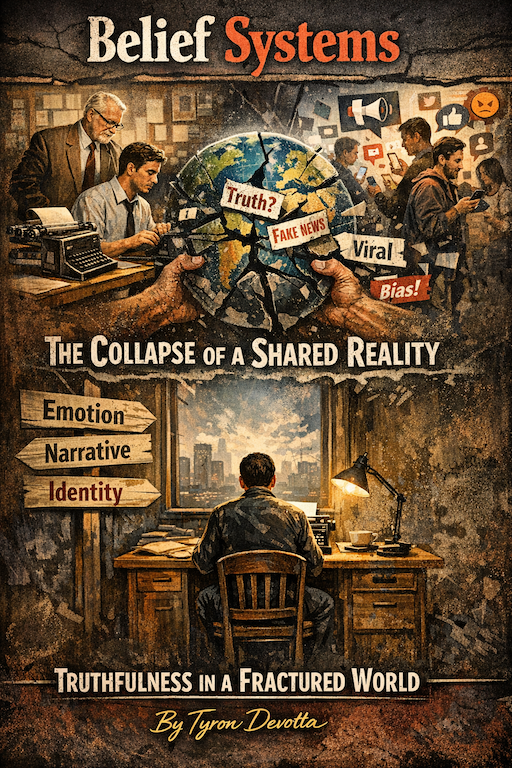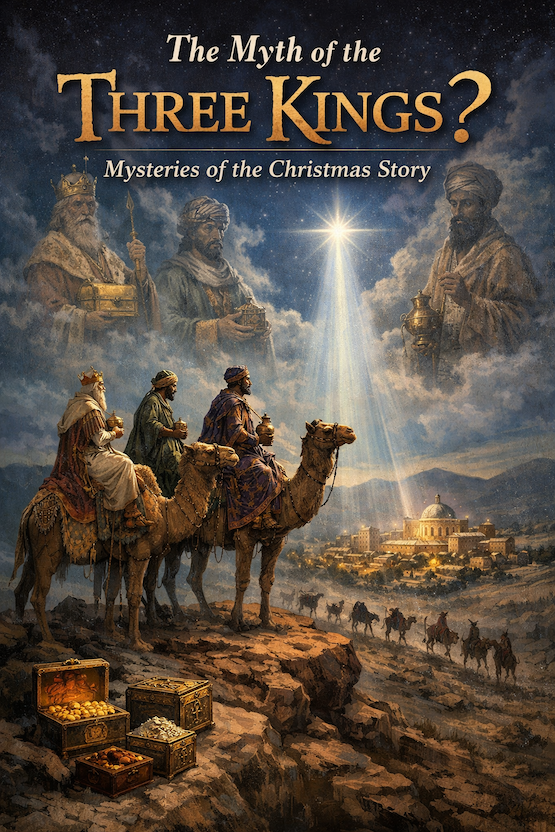Below is an analytical article that explores the theological and political reasoning behind a segment of American evangelical pastors who have expressed support for both Israel and Donald Trump. This piece examines how religious convictions, interpretations of biblical prophecy, and political ideology intersect in their worldview.
Divine Mandate and Political Realism: Understanding Why Some American Evangelical Pastors Support Israel and Trump
Over the past few decades, a significant number of evangelical leaders have aligned themselves with the modern state of Israel and, simultaneously, with political figures like Donald Trump. To outsiders, these dual endorsements may appear puzzling—but within the framework of their theological convictions and political perspectives, they reflect a coherent vision of a pro-Israel, pro-Christian agenda that they believe is divinely ordained.
The Biblical Basis for Supporting Israel
For many evangelical Christians, the modern nation of Israel occupies a central place in biblical prophecy. They often cite scriptures from the Old Testament and interpret passages from the New Testament to argue that God’s covenant with the Jewish people remains active and that the re-establishment and flourishing of Israel are precursors to the Second Coming of Christ. In this view, political support for Israel isn’t simply a matter of international diplomacy; it is part of fulfilling what they see as God’s plan. Evangelical pastors in this camp teach that when the U.S. must stand with Israel, it strengthens the prophetic timeline that will ultimately lead to global peace—or, at least, the fulfillment of apocalyptic milestones.
Trump as a Champion of Biblical Values
Donald Trump’s presidency, with its hardline rhetoric and policies on immigration, religious freedom, and the recognition of Jerusalem as Israel’s capital, resonated strongly with these pastors. They see Trump as a political savior who is willing to challenge established international norms and institutions in a way that protects what they consider core Judeo-Christian values. From a theological perspective, many of these leaders interpret Trump’s bold actions—such as his uncompromising stance against perceived anti-Israel policies—as signs that he is being used as an instrument in the fulfillment of biblical prophecy.
Political analysts note that such pastors often subscribe to the idea of “Christian nationalism,” where the destiny of the nation is seen as intertwined with divine will. For them, Trump’s unapologetic style and unyielding approach are not arbitrary; they confirm their belief that a leader willing to stand up for the Bible’s dictates is necessary to lead the country through turbulent times. Trump’s criticisms of global trade practices, his skepticism of international institutions, and his emphasis on American sovereignty are seen as complementary to the biblical narrative that champions the cause of Israel.
The Nexus of Theology and Geopolitics
These pastors argue that U.S. leadership on the world stage must be firmly rooted in a moral and spiritual mission. They claim that supporting Israel and a leader like Trump is an extension of America’s “divine purpose”—one that ensures the country remains a bulwark for freedom and justice in a chaotic world. They see geopolitical conflicts, economic policies, and even military engagements through the lens of spiritual warfare: a struggle not only for territory and resources but for the soul of the nation.
Critics, on the other hand, contend that reducing complex international issues to a matter of biblical destiny can oversimplify policy choices and risk inflaming tensions. Yet for the pastors in question, such simplification is not a drawback—it is a clarifying vision that cuts through the uncertainty of secular political debate. When they support Israel, they are not endorsing a mere geopolitical alliance; they are affirming a theological commitment to the idea that the Jewish people have an unbreakable covenant with God. When they back Trump, they believe they are supporting a leader who is unafraid to champion that sacred cause on the global stage.
Implications for American Politics and Beyond
The strong support for Israel and Trump among these pastors has both electoral and international repercussions. Domestically, they have mobilized influential evangelical voting blocs that have helped shape U.S. policies in the Middle East. Their sermons and public statements contribute to an environment where political decisions are seen as part of a larger spiritual battle—a perspective that significantly influences public opinion among their followers.
Internationally, this alliance reinforces the alignment between U.S. policies and the strategic interests of Israel. It also complicates efforts by other nations—particularly those in the Middle East—to chart an independent course in regional politics, as U.S. political rhetoric increasingly casts its foreign policy in sacred or apocalyptic terms.
Conclusion
For these American evangelical pastors, supporting Israel and a political leader like Donald Trump is more than a political preference—it is an expression of deep-seated religious convictions that view geopolitical events as part of a divine narrative. Their support is fueled by a belief in the continuing relevance of biblical prophecy, the conviction that the U.S. must defend its sacred mission, and the perception that Trump’s policies validate their vision of America as a chosen nation.
While this perspective is contested within broader American society, it remains a potent force in shaping policy debates and elections. Understanding this viewpoint requires acknowledging how faith and politics intertwined in their eyes—and how, in their world, the fate of nations is as much a spiritual matter as it is a matter of policy.

Analyzing a sermon given by evangelical Christian Pastor in the USA
This is a summary and analysis of a sermon given by an American pastor before the inauguration of President Trump and touches on two main topics that he sees as connected: the upcoming presidential inauguration of Donald Trump and current events in Israel—particularly related to ceasefire agreements and security issues. He weaves together biblical themes, current political events, and his interpretation of “common sense” values to explain why he supports Trump and Israel.
Key Points in Plain Language
1. Link Between Inauguration and Israel:
The pastor starts by noting that both Trump’s upcoming inauguration and recent ceasefire or security developments in Israel are significant to believers. He sees Trump’s return to leadership as a sign that “common sense” values—those he believes are rooted in biblical truth—are being restored. At the same time, he praises actions in Israel that, in his view, reflect God’s favor and protection of His chosen people.
2. Common Sense Values:
He defines “common sense values” as traditional ideas that include the protection of religious freedom, adherence to moral standards, and even specific practical measures (like sports being divided by gender or protecting a country’s borders). For him, these values have been lost under previous administrations (he mentions the Biden/Harris era as an example) and are now being reclaimed by Trump’s presidency.
3. Biblical Imagery and Cycle of History:
The sermon draws on narratives from the Bible, especially the Book of Judges, to illustrate a recurring cycle—when people are faithful, they prosper; when they stray, they suffer setbacks, and then are rescued when they turn back to God. The pastor compares this pattern to what he sees happening in America today: the nation has wandered away from its original, God-ordained path, but now, under a leader like Trump, it is (or will be) guided back toward righteousness. He uses the idea of a “pendulum” in politics to warn that although Trump’s leadership represents a restoration of certain values, the political landscape is always changing.
4. Church as a Constant:
A major theme in the sermon is the importance of the church remaining steadfast amid political and cultural shifts. The pastor argues that, while political leaders and policies may change as the “pendulum” swings, the church must be a constant, fixed point. He stresses that true spiritual integrity and reliability come from the church’s unwavering commitment to God’s word, even when world events seem unpredictable or chaotic.
5. Prayers for Leaders:
In the latter part of the sermon, the pastor emphasizes the need to pray for both President Trump and Israel’s leaders (he specifically mentions Prime Minister Netanyahu, among others). He sees these prayers as an essential part of supporting what he views as God’s plan for national and international order.
6. Final Reflections:
The pastor concludes by stressing that although political situations (such as hostilities, ceasefires, and elections) are temporary, the mission of the church and the values it upholds must remain constant. He uses a biblical exhortation about staying on the designated path, urging his congregation not to be swayed by shifting political winds or cultural trends.
Summary for an Uninitiated Audience
In simple terms, the pastor is saying:
- Trump’s inauguration and the actions in Israel aren’t just political events; they are signs that traditional, biblical values are coming back into favor.
- He views these events as part of a larger, divinely orchestrated cycle where nations fall away from righteous paths and then are redeemed.
- For him, supporting Trump and praying for Israel’s leaders isn’t just political convenience—it’s a spiritual duty tied to a greater biblical narrative about faithfulness, redemption, and God’s plan for the nation.
- Regardless of how political leaders and policies change, the church must remain a constant, enduring beacon of truth and righteousness.













